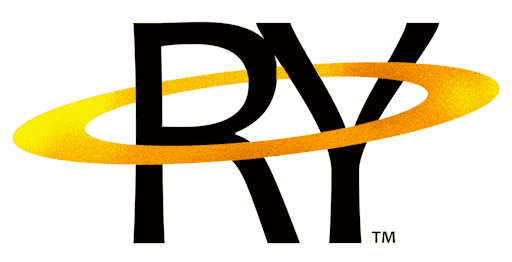Dyslexia is a physical difference in the structure of the brain that affects 1 in 20 people, and as such affects somebody’s learning. Though classified as a disability it is not something wrong with an individual, it is just that their thought processes work differently.
The most common difficulties that someone with dyslexia may have are with learning to read, write and spell. It is also common to have short term memory and organisational difficulties, however if you are dyslexic you may also be exceedingly creative or gifted in other ways.
Facts
- it is estimated that 4-8% of all schoolchildren in England have some degree of dyslexia
- it is estimated that boys are one-and-a-half to three times more likely to develop dyslexia than girls
- around 95% of children respond well to educational interventions and go on to make moderate to good progress with reading and writing
- even though dyslexia is classed as a learning difficulty, there is no connection between dyslexia and a person’s intelligence
- the skills that people with dyslexia tend to be better at, such as creative thinking, visual awareness, problem solving, and verbal communication, tend to only be emphasised in certain areas, such as the arts and the media, plus a number of scientific disciplines including physics, mathematics and computer programming
Source: NHS Choices
Read more
- FAQs @ Dyslexia Action
Excerpt: Each dyslexic person’s difficulties are different and vary from slight to very severe disruption of the learning process. There is no total cure but the effects of dyslexia can be alleviated by skilled specialist teaching and committed learning. On the positive side there is a hypothesis that the neurological anomalies also give some dyslexic people visual, spatial and lateral thinking abilities that enable them to be successful in a wide range of careers.
- Access To Work @ Indigo Dyslexia Centre, Norwich
Excerpt: If you have dyslexia, there is a Job Centreplus scheme known as Access to Work, which can provide funding to help you in the workplace. The scheme is open to: those in employment, self-employed or for those unemployed and about to start work, or taking part in a job trial who have a disability which affects their work.
image by YeriLee under CC0 license



